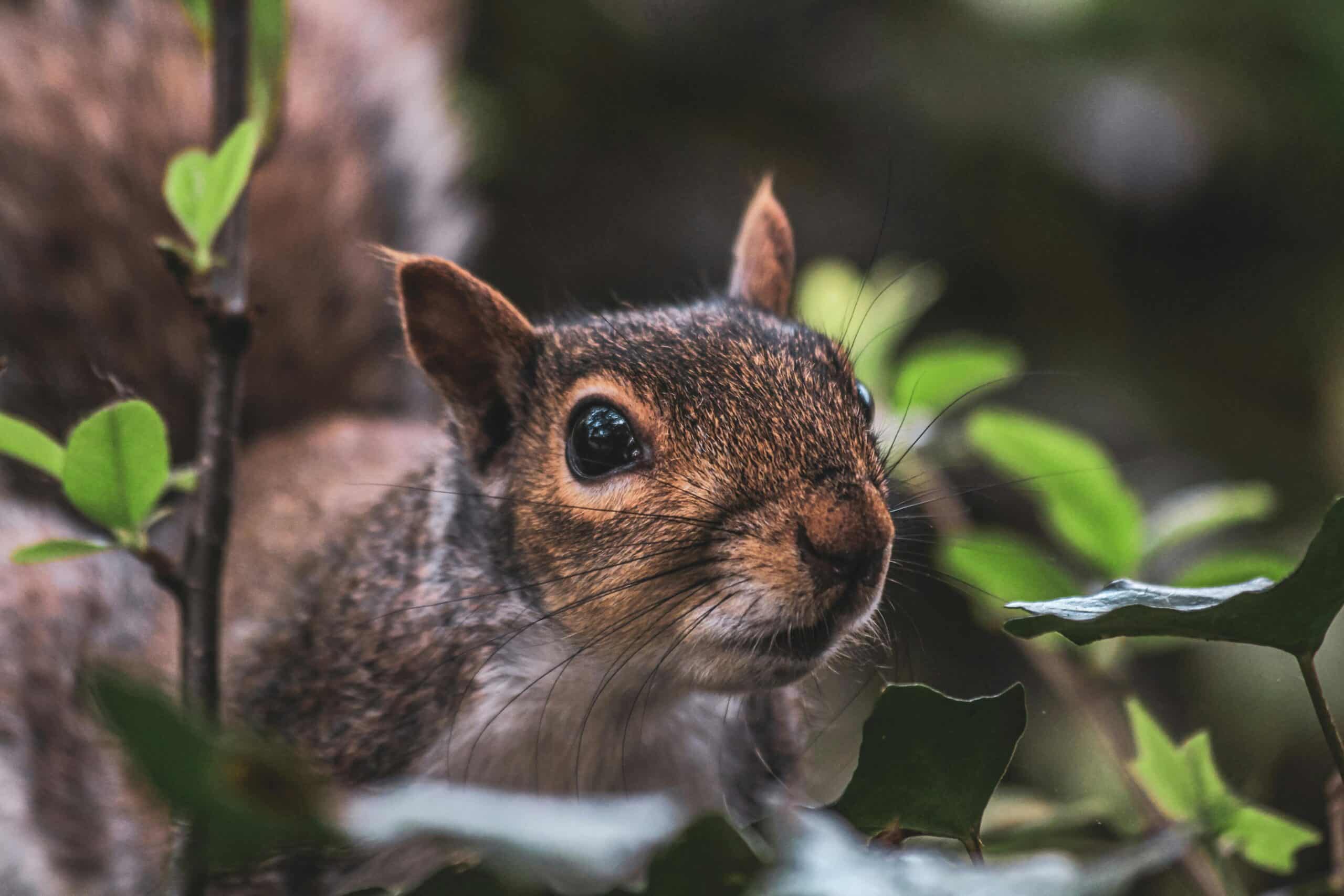How Colleges Can Help Students Make Friends Who Have Different Religious, Spiritual Beliefs

A recent nationwide study found that having co-curricular opportunities for meeting other students across religious differences can impact whether students on college campuses develop friendships with other students from different faith traditions.
The study, which was part of the Interfaith Diversity Experiences and Attitudes Longitudinal Survey (IDEALS), tracked how students engage across religious, secular, and spiritual differences during four years of college or university. Researchers surveyed 7,194 students at 122 colleges and universities across the United States.
Before college, 47% of students had five or more friendships with people of different religious, secular, or spiritual views, while just 6% said they had none. By the end of their first year, 63% of students who had no inter-worldview friendships when they started college had at least one. The study also revealed factors that predicted whether students would have friendships across religious boundaries, finding that a student’s sexual orientation, religion, and even major can impact the likelihood of having friends of different religious or secular backgrounds.
To find out more, The Abstract spoke with Alyssa Rockenbach, a professor of higher education at North Carolina State University who co-authored the study with Tara Hudson of Kent State University and Matt Mayhew of The Ohio State University. Rockenbach spoke about the importance of relationships between people of different faith and spiritual orientations, as well as what they found about factors that encourage or discourage these relationships on campuses:
The Abstract: What are some of the benefits of friendships across religious and spiritual differences?
Rockenbach: In past research, we’ve found that friendships between students across religious, spiritual and worldview differences help encourage students to engage positively with their communities and larger society. These friendships make a unique contribution to students becoming more compassionate and respectful to others who are different from them.
TA: What are some of the environmental and structural factors that help students form and foster these relationships?
Rockenbach: At institutions that have a lot of interfaith community service opportunities, like an interfaith council, or similar programming around cultural engagement or religious diversity, we saw that’s creating space for students to form these friendships. Students might not be as inclined to develop those friendships unless you have space where you can meet people with different religious, secular or spiritual identities. But when you have campuses that are creating the conditions for those friendships, they’re more likely to thrive.
TA: You also found that there were factors linked to less appreciation of other worldviews over time, and one of them was the presence of spiritual life centers. What do you think is going on there?
Rockenbach: We don’t know what students were doing in those spaces; maybe they were meeting other people of their own faith traditions. Maybe they were using the spiritual life center to have meetings in their own group. That is a good supportive space, but maybe not conducive to inter-worldview friendships. That variable was capturing the presence of the space, as opposed to the co-curricular variable, which was all about the programming. We need to do more work to delve into that finding.
TA: What are your key takeaways?
Rockenbach: We often just assume that students are going to make friends with people who they want to make friends with, and that faculty, staff and administrators don’t play a part in that process. But this shows we can prepare students to enter into these friendships with a lot of compassion, and readiness to hear other people’s stories. It also means that we can start to think really creatively as educators about how we can create the conditions that make these kinds of friendships more likely.


